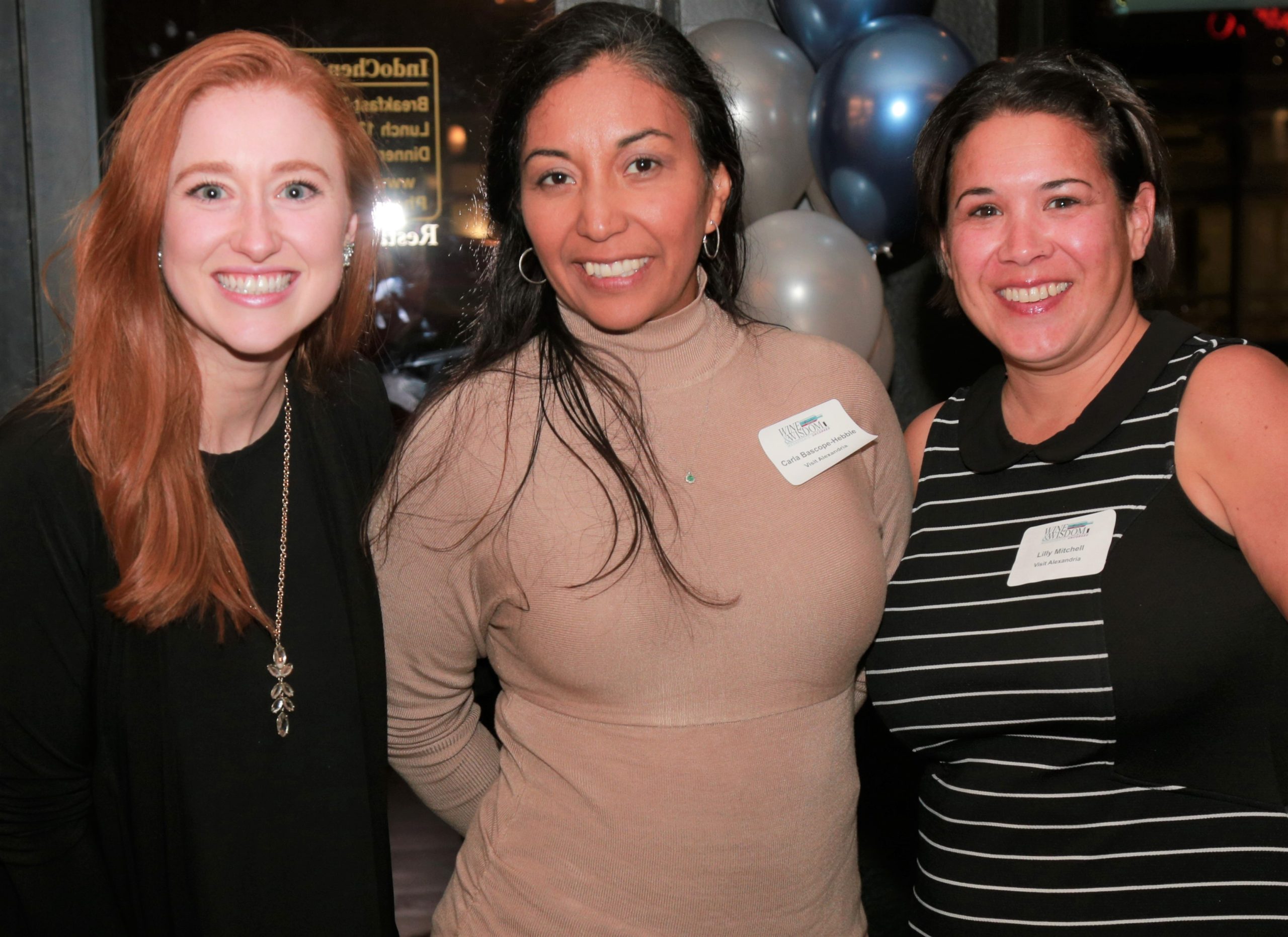Lauren Kramer, CAE, MTA, CMP
CEO and Virtual Strategist, Meeting Priorities
If our crystal balls could talk, I think they would say: Proceed with caution and develop new skill sets. The effect of COVID-19 on the hospitality industry has been crushing, but as we begin to emerge in varying stages, what remains is the can-do spirit and tenacity of workers in this multi-billion-dollar industry.
As a meeting professional, I have worked in large and small non-profit associations before starting my own company in 2007. Despite the recent devastation, we remain hopeful for a comeback in what will be our “new normal” — a reality yet to be defined, though plans are emerging.
Virtual meeting and event planning are now essential skills for planners. What is there to learn? Plenty!
1. Follow these essential first steps for planning virtual meetings in this changing climate.
- Start with the RFP sooner than later: This is critical as many companies are so busy that they are not accepting new clients through 2021.
- Establish your virtual event goals and objectives: What are your attendees’ needs, and how much time will they invest? Determine your target audience and program intent and solicit input from your team, attendees and exhibitors/sponsors.
- Train staff, speakers, exhibitors and sponsors: This includes managing engagement techniques for attendees, training staff in key positions such as serving as an engaging and knowledgeable host/moderator, producing, monitoring Q&A and chat rooms and overall technical support. Exhibitors and sponsors will need to understand the opportunities as well as the limitations of this new space, and the ability to convey the ROI will be a key factor for staff and exhibitors alike.
2. Learn from industry professionals and get certified.
I was fortunate to enroll in the inaugural class of the six-week certificate program of Meeting Professionals International’s (MPI) partnership with the Events Leadership Institute (ELI), “Virtual Meeting and Event Management.” This course was eye-opening—just when you thought you had a handle on web streaming techniques, these new platforms have expanded beyond our imaginations.
Industry certifications such as MPI/ELI’s certificate program and PCMA’s DES (Digital Event Strategist) certification are the two front-runners in this space at the moment. Both programs are designed to help professionals new to virtual events effectively plan, produce and measure results of virtual meetings and events. If you do not have someone on your team with this knowledge, considering hiring a consultant with expertise in this space who can guide you and your team through the complex process of planning a virtual event.

Image Credit: Unsplash user @anniespratt
3. Stay connected and make the best use of your relationships.
What we have all learned is the importance of staying connected with our industry partners. Convention and Visitors Bureaus, hotels, restaurants, audio visual vendors and general service contractors have been impacted by the COVID-19 pandemic in a way no one could have predicted. The Visit Alexandria team, the City of Alexandria’s destination marketing organization, pivoted quickly to provide meeting and event planners with up-to-the-minute information on the city’s actions and phased re-opening plans. They established monthly calls with planners to check-in, which have been reassuring and helpful. Alexandria, VA is open for business!
Lauren Kramer is an award-winning independent meeting professional based in Old Town, Alexandria. She and her Meeting Priorities team have planned meetings of up to 30,000 attendees and have pivoted to become virtual meeting and event planners. In addition to their in-depth experience in planning face-to-face meetings and recruiting staff for vacant positions, they coach candidates preparing for interviews. Reach out and support this local business if you need assistance in this area. They would be delighted to hear from you! Contact Lauren@meetingpriorities.com.
Header Image Credit: Misha Enriquez for Visit Alexandria







